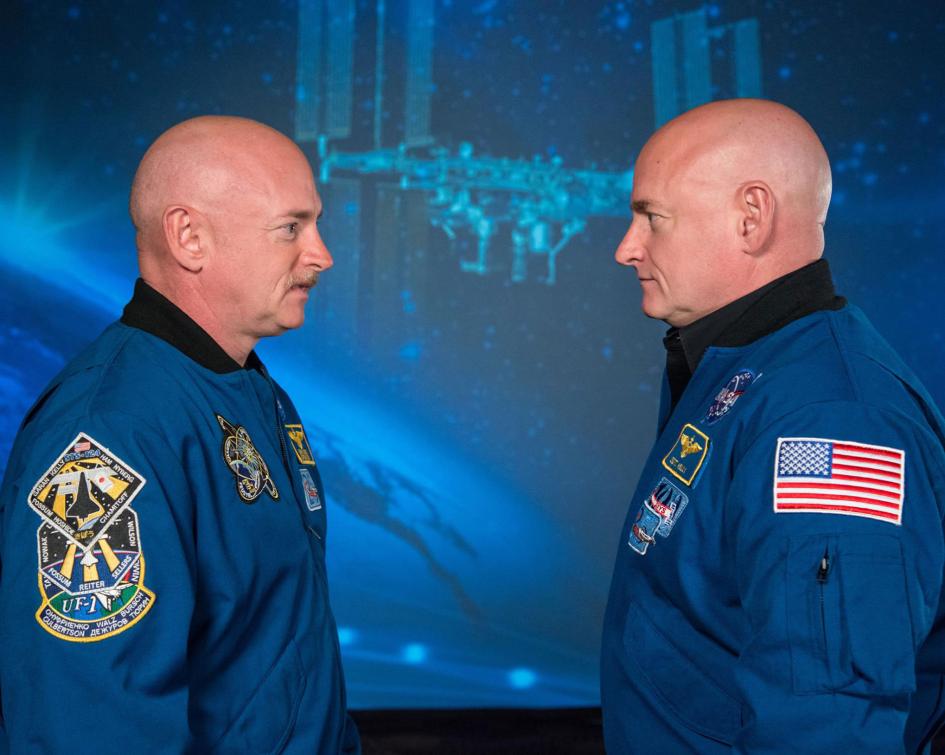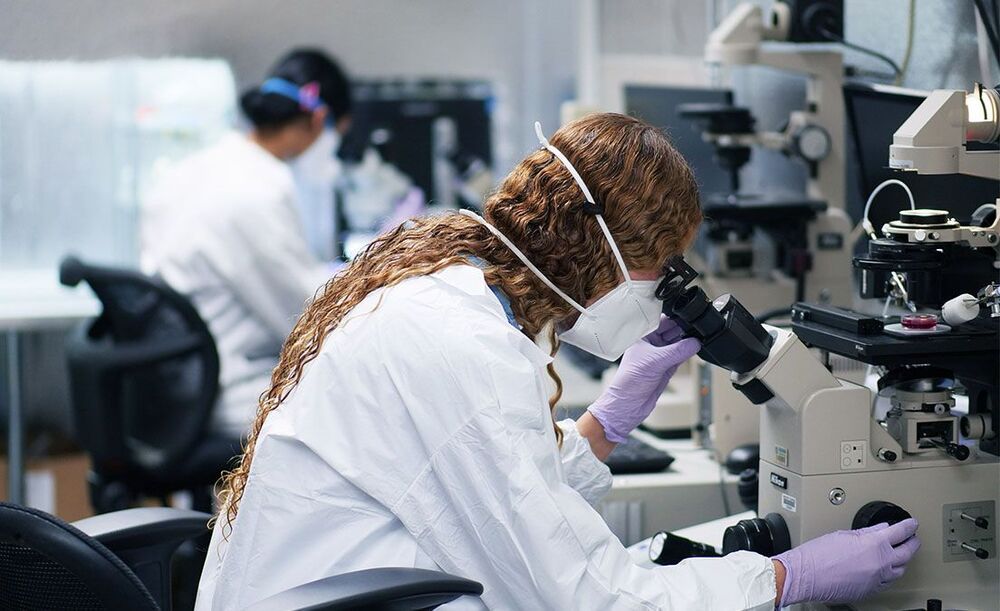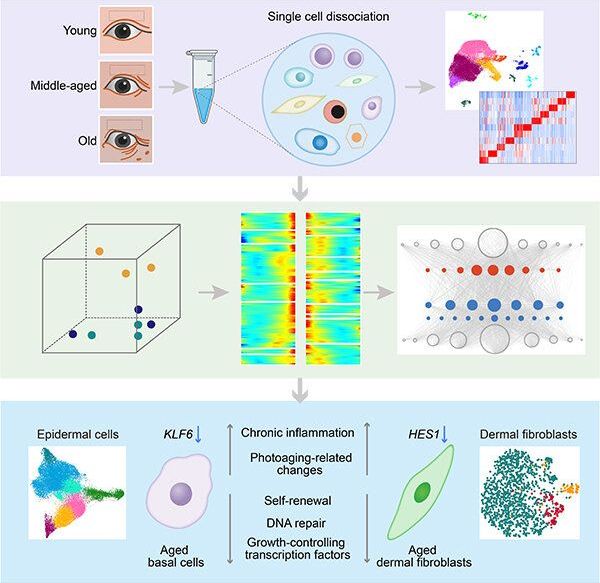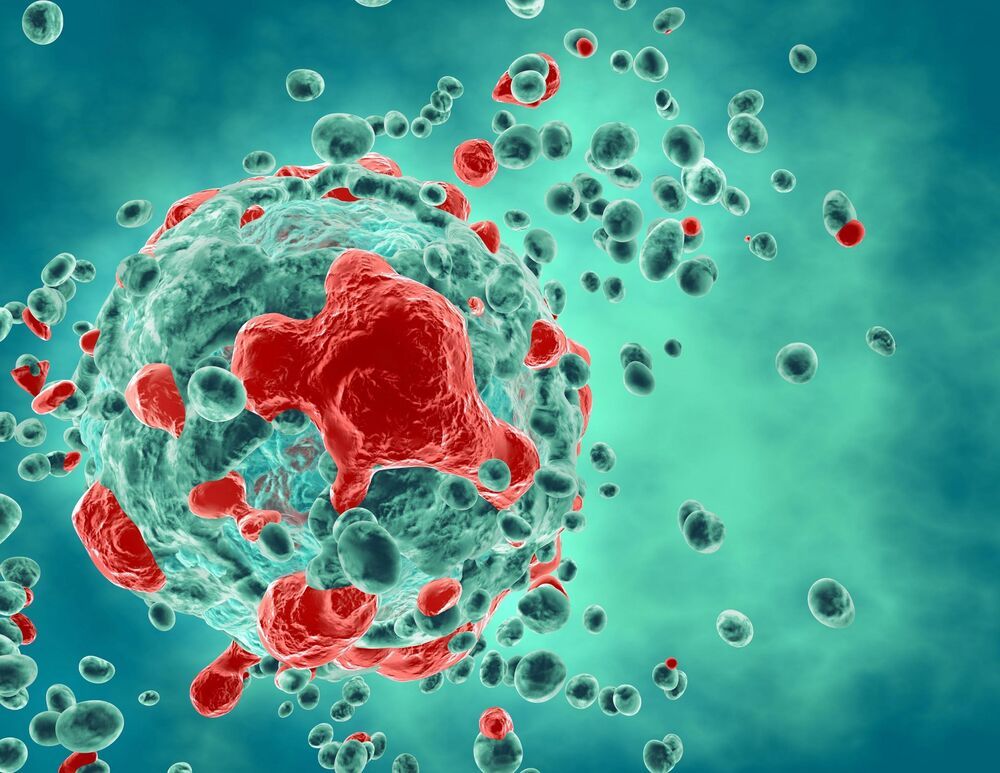Dr leonard hayflick — father of cell senescence!
Dr. Leonard Hayflick, is Professor of Anatomy, University of California, San Francisco School of Medicine, where he has been part of the faculty since 1988.
Dr. Hayflick received his Ph.D. at the University of Pennsylvania, did a post-doctoral fellowship at the University of Texas under the tutelage of the renowned cell culturist Prof. Charles Pomerat, and then returned to Philadelphia, where he spent ten years as an Associate Member of the Wistar Institute, and two years as an Assistant Professor of Research Medicine at the University of Pennsylvania.
Dr. Hayflick is extremely well known for his research in a range of domains including cell biology, virus vaccine development, and mycoplasmology.
In 1962 he discovered that, contrary to what was believed since the turn of the century, cultured normal human and animal cells have a limited capacity to replicate. This phenomenon became known as “The Hayflick Limit” which became a discovery that overturned a dogma that existed since early in the twentieth century and focused attention on the cell as the fundamental location of age changes.






